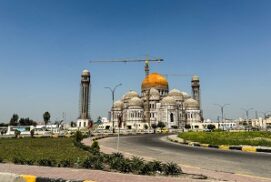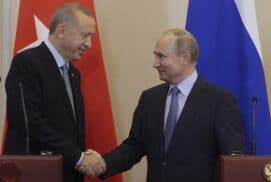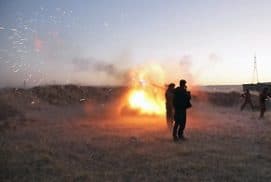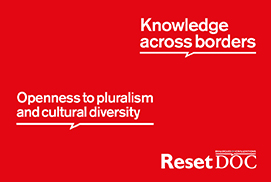Ilaria Romano 7 August 2024
Since the end of the war of liberation against ISIS in 2017, Iraq has experienced a situation of relative stability, meaning the absence of open conflict, regularly undermined by internal and regional crises. Involved in the tensions between Iran and Israel since the beginning of the war in Gaza, due to the ties of Iraqi Shiite militias with Tehran, the country has also worsened its relations with the United States, which still maintains military outposts on its territory






